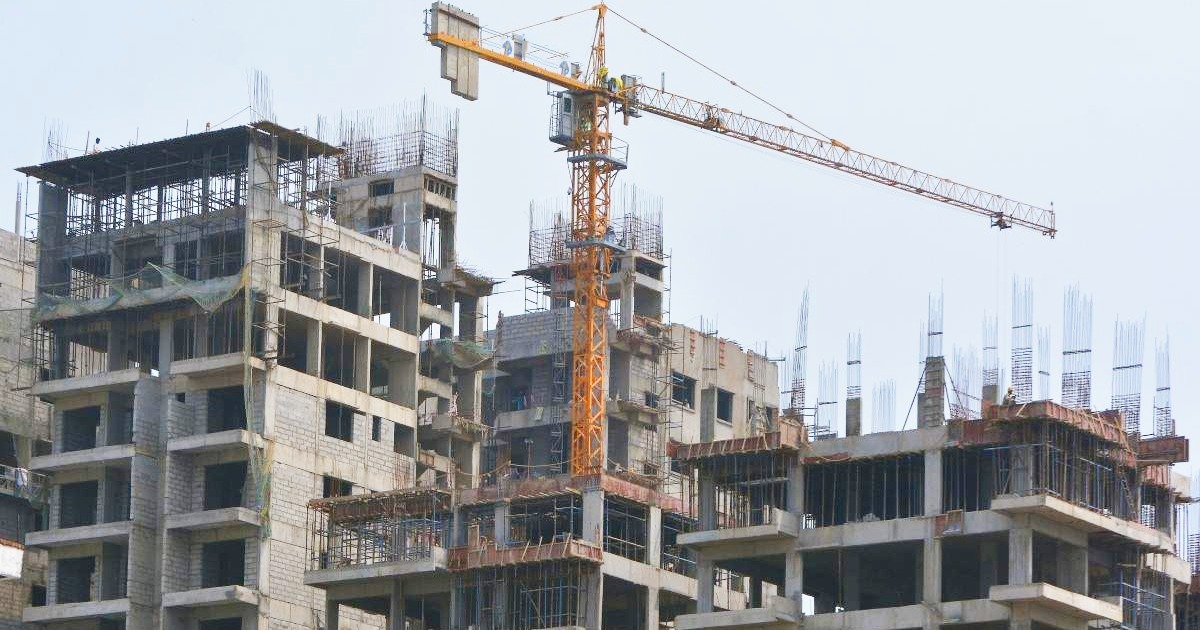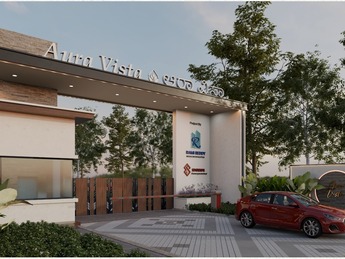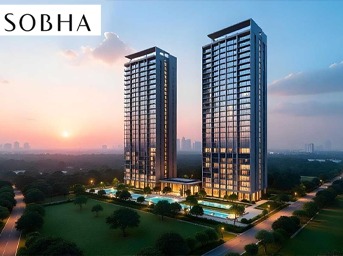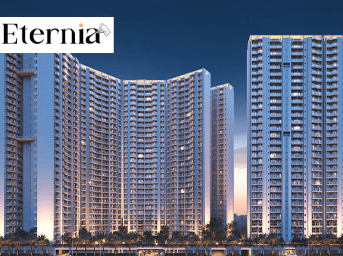Projects in Delhi-NCR will be delayed by the Construction Ban
By Bricksnwall | 2023-11-03

Project
completion is predicted to be delayed by at least two to three months during a
one-month construction moratorium.
The Commission for Air Quality Management (CAQM) has activated stage III of the Graded Response Action Plan (GRAP), which includes a restriction on all non-essential construction and demolition operations in Delhi-NCR, due to the air quality in the national capital region declining to severe' levels.
Real estate
developers responded to the decision by stating that it would affect both
builders and homebuyers, as a one-month construction ban often causes a project
to be delayed by at least two to three months. They further stated that while
enforcing air pollution laws, the government should take a case-by-case
approach and regulate the primary sources of pollution, which are vehicle
emissions and roadside dust.
The air
quality index (AQI) for Delhi at 5 p.m. on November 2, 2023, was 402. In
addition to prohibiting non-essential building and demolition operations,
GRAP-III forbids the entry of trucks, medium and heavy cargo vehicles registered
outside of Delhi, and diesel light commercial vehicles (LCVs) (except for those
engaged in the provision of vital services).
GRAP action
is contingent upon four pollution stages: AQI 201-300 for Stage I, AQI 301-400
for Stage II, AQI 301-400 for Stage III, AQI 401-450 for Stage IV, and AQI
above 450 for Stage IV, referred to as "severe plus."
The
Confederation of Real Estate Developers' Associations of India
(CREDAI)-National Chairman, Manoj Gaur, stated that while the real estate
industry has some qualms, it supports the government's efforts to reduce
growing pollution.
The
completion of the project will be delayed by at least two to three months if
development is prohibited for one month. Although blanket prohibitions address
pollution, the real estate industry is worried that they could raise project
prices and negatively impact construction workers' livelihoods, Gaur told
Moneycontrol.
Despite
these difficulties, he claimed, developers deliberately reduce pollution by
installing anti-smog equipment and routinely sprinkling water.
In light of
the fact that developers who adhere to pollution control criteria shouldn't be
subject to needless limitations, he continued, authorities should take a
case-by-case approach.
Furthermore,
we suggest that projects (commercial and residential buildings) registered
under the RERA should be regarded as public interest projects and free from
regulations pertaining to pollution management. This strategy seeks to strike a
compromise between the need to maintain building activity and environmental
concerns, as well as to preserve project timetables and secure the interests of
developers and homebuyers, according to Gaur.
Purchasers'
perspectives
The Noida
Federation of Flat Owners Associations (NOFAA) president, Rajiva Singh, stated
that in order to have clean air, "quick, sustainable solutions" must
be found.
"Although
these restrictions are required to regulate the quality of the air, they would
further impede the progress of already delayed home developments.
The sad
thing is that despite the government's annual promises, there has never been
any progress made towards lowering pollution levels. The political will to
identify long-term fixes is lacking, according to Singh.
Gurugram
resident Adwitiya Sharma stated that he has invested in a project that is being
developed next, the Dwarka Motorway. This change would cause the project, which
is already behind schedule, to be further delayed.
Although it was supposed to be finished by July of this year, I still haven't received my flat. The delivery of my flat will be further delayed by the CAQM construction activity ban, Sharma stated.




